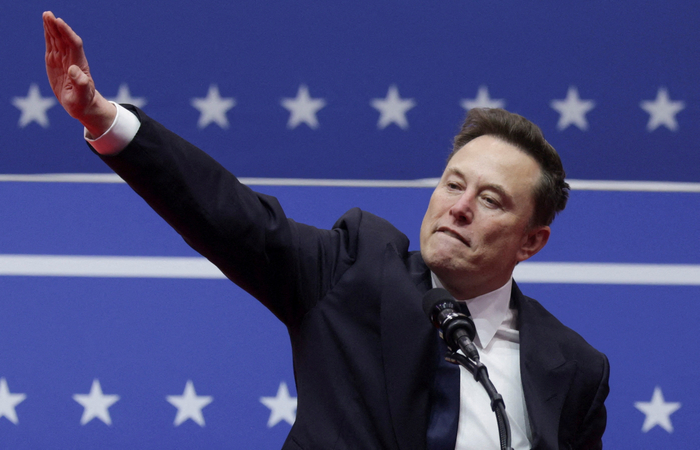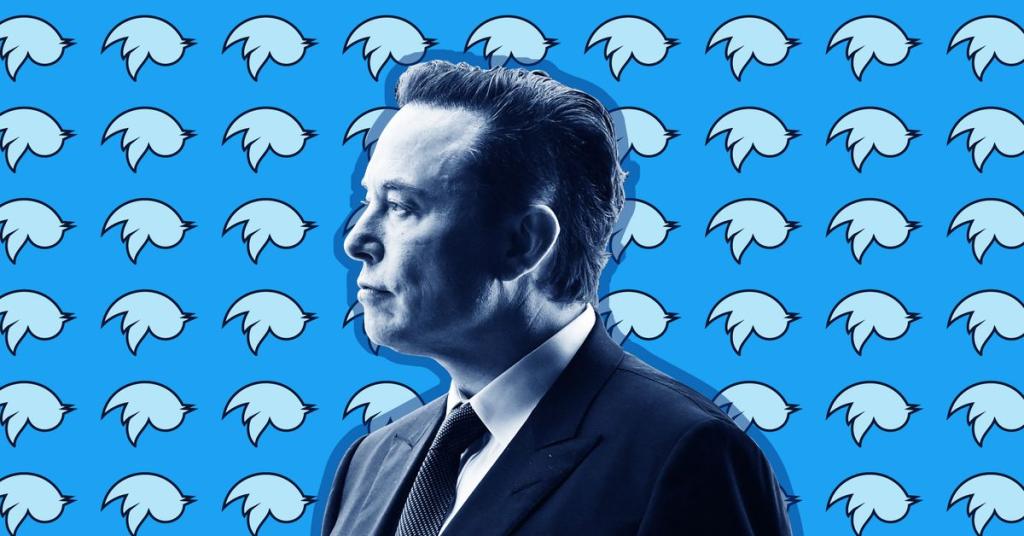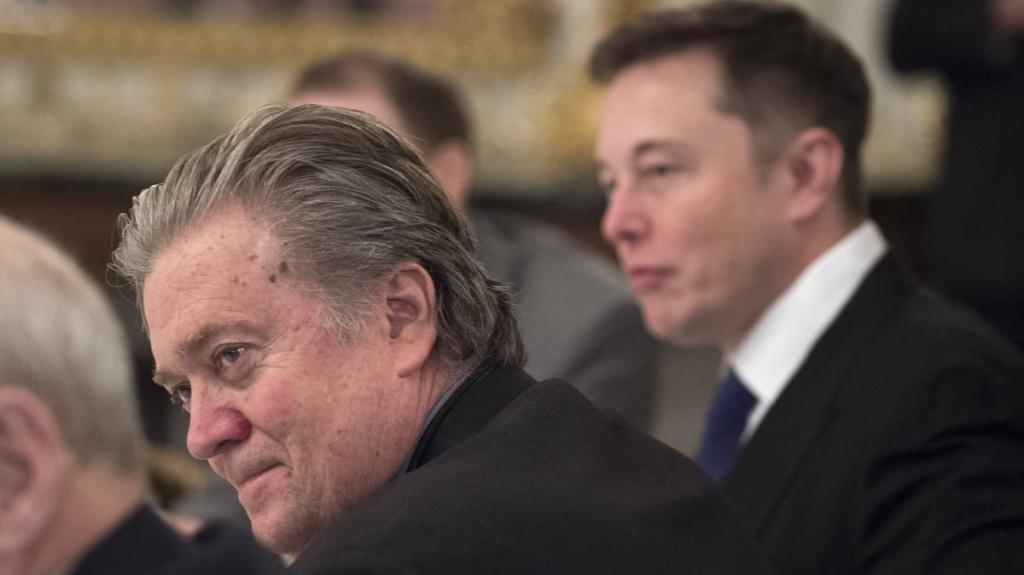Elon Musk's Starlink Challenges Brazil's Internet Ban
Elon Musk's Starlink defies Brazil's internet ban, raising pivotal questions about digital sovereignty and the future of online freedom.

Key Points
- Elon Musk
's
Starlinkis refusing to comply with Brazil's Supreme Court order to block access to the social media platform X.
- The ongoing conflict highlights the tensions between technology firms and governmental regulations regarding digital sovereignty.
- If Starlink maintains its stance, it risks losing its operating license and facing potential legal consequences in Brazil.
The tension between private companies and governmental regulations has reached new heights with Elon Musk's Starlink satellite service challenging Brazil's Supreme Court decision to block access to the social media platform X (formerly
). This situation highlights not only the volatile intersection of technology and law but also Musk's unconventional approach to navigating regulatory landscapes. As Brazil grapples with how to implement and enforce its digital policies, the outcome of this standoff could set a significant precedent for global internet governance.
The Context of Discontent
Brazil's Supreme Court recently ordered internet service providers to block access to X, primarily due to its failure to comply with judicial requests to suspend certain accounts accused of spreading disinformation. In stark contrast, Starlink, a satellite internet service owned by Musk, has clearly stated its refusal to comply with this order until its frozen assets are released by the court. Musk's fastidious stance centers on his assertion that his companies, Starlink and X, operate as independent entities.
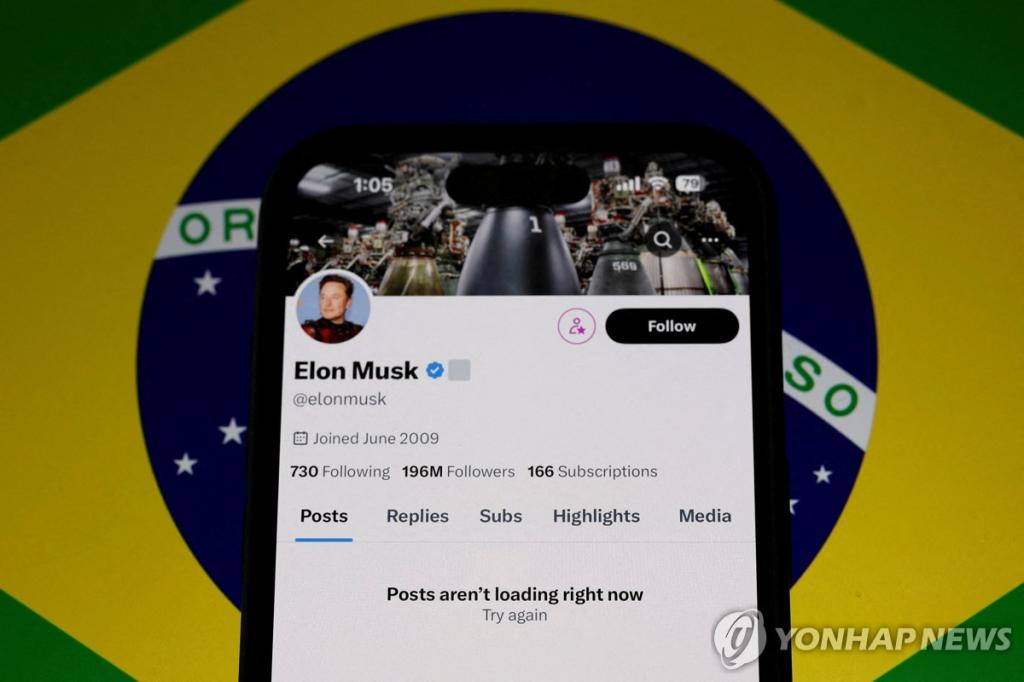
The Stakes for Starlink
With approximately 250,000 customers relying on Starlink in Brazil, the stakes are incredibly high—not just for the company's future in the country but also for its clientele who depend on reliable internet access, especially in remote areas like the
. The Brazilian telecommunications agency,
, has indicated that continued non-compliance could lead to Starlink losing its operational license in the country. Should this occur, it could not only disrupt services but potentially impact vital digital connections for indigenous and rural communities that have recently gained internet access thanks to Starlink.
Musk's Masterplan: A Tactile Challenge
Elon Musk's approach appears to be driven by a combination of principled resistance and strategic business interests. By directing Brazilian users to consider utilizing VPNs to bypass the ban, Musk is encouraging a form of digital rebellion against governmental authority. This move underscores a critical question: how far can tech giants go in defying state regulations without facing severe repercussions?

Potential Legal Consequences
The legal battle intensifies as the Brazilian government stands firm in its efforts to uphold laws aiming to curb the spread of harmful content online. Brazilian Justice
, who issued the order to block X, has drawn a line in the sand, asserting that compliance is non-negotiable. As the situation unfolds, Musk faces the potential loss of Starlink’s operating license if the company maintains its current non-compliance stance. The risk of having critical equipment seized from its ground stations adds another layer of complexity to the scenario.
A Broader Implication on Digital Sovereignty
This digital standoff illuminates the broader implications regarding digital sovereignty in the age of tech giants. The unique nature of Starlink's satellite service, which operates without traditional infrastructural requirements, could reshape how governments regulate internet access. If Musk successfully navigates this regulatory minefield, it might embolden similar defiance in other nations, potentially leading to an erosion of governmental control over information dissemination.
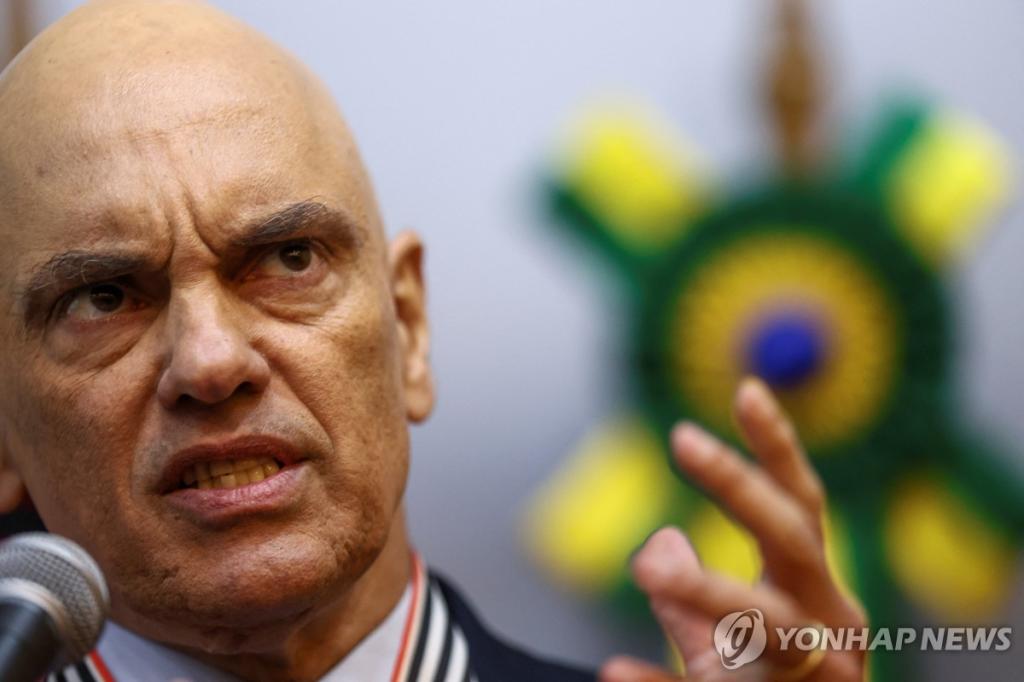
The situation reflects a critical juncture not only for Brazil but for the global digital landscape. As technology continues to evolve at an unprecedented pace, the tension between state regulations and corporate interests is becoming increasingly pronounced. This scenario serves as a call for greater dialogue between regulators and tech innovators.
In summary, the confrontation between Elon Musk’s Starlink and the Brazilian government poses significant questions about the future of digital governance. Whether or not Musk’s methods will prevail remains uncertain, but the implications of this high-profile conflict are likely to resonate far beyond Brazil's borders. This battle is not merely about an internet service; it exemplifies the ongoing struggle between innovation and regulation in our rapidly advancing digital world.
